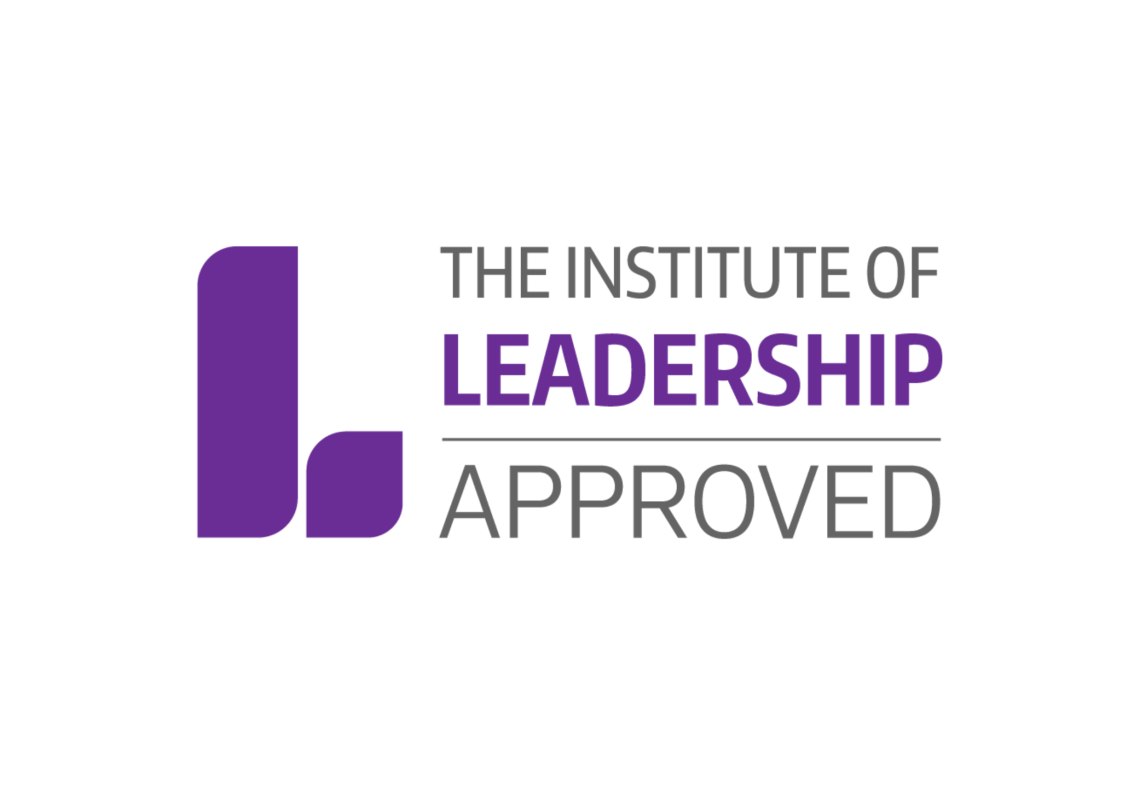Getting to know and meeting the requirements of your team members can feel particularly tricky when working as part of a remote team. However, it is possible providing you have meaningful and explicit conversations with your team about what truly drives them. This is good practice anyway, but for some reason, too many managers leave working out what drives their team to chance conversations or presume (wrongly) you can work out what motivates someone by simply looking at their behaviour.
So why is this important? Well, when you have conversations with a team member about their motivations, you are sending a very clear message that you care. This is a leading factor in employee engagement.
Having explicit conversations about motivations puts this essential ingredient of employee performance ‘on the table’ and means that rather than motivation being seen as some result of happenstance, it can actually be a factor of performance which can be deliberately measured and maximised.
Understanding what is driving a team member right now (after all motivations change through age and stage of life), means you can tailor the way you work with them to get better results.
If you know a member of your team is currently motivated by freedom and autonomy, this can be a great fit if you work as part of a remote team. However, may need to have a conversation about what some of the downsides of this might be eg working in too much of a silo etc. In contrast, if you know that they are motivated by security, you’ll need to have more interaction at times of change.
Find out more about ways of managing a remote team here in an article we contributed to.






CONNECT WITH US!